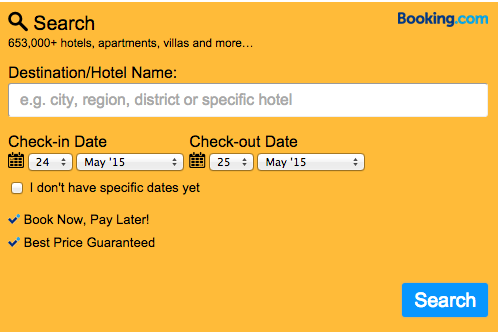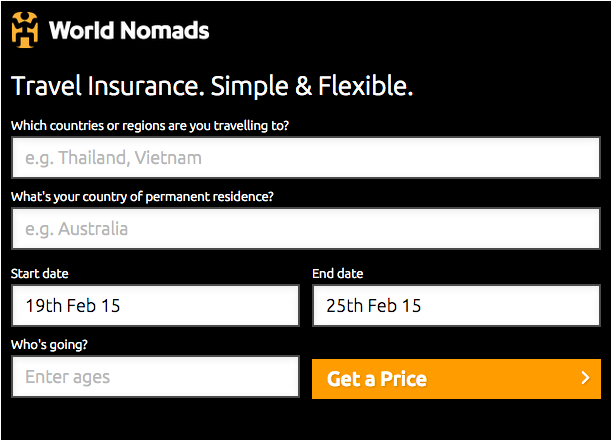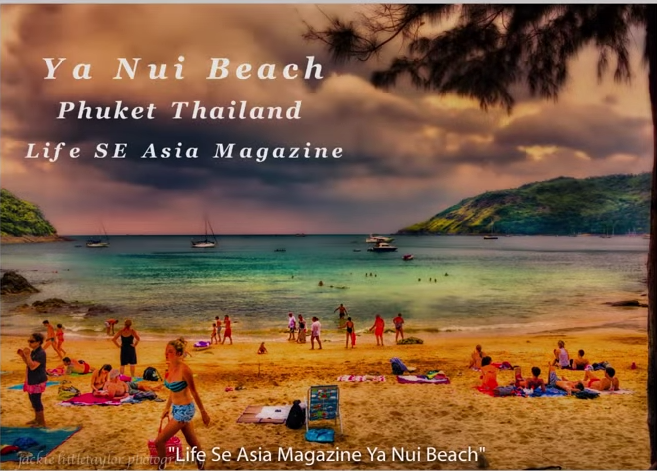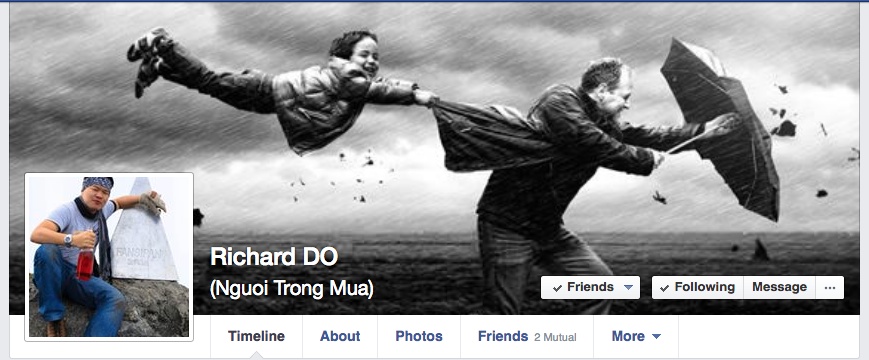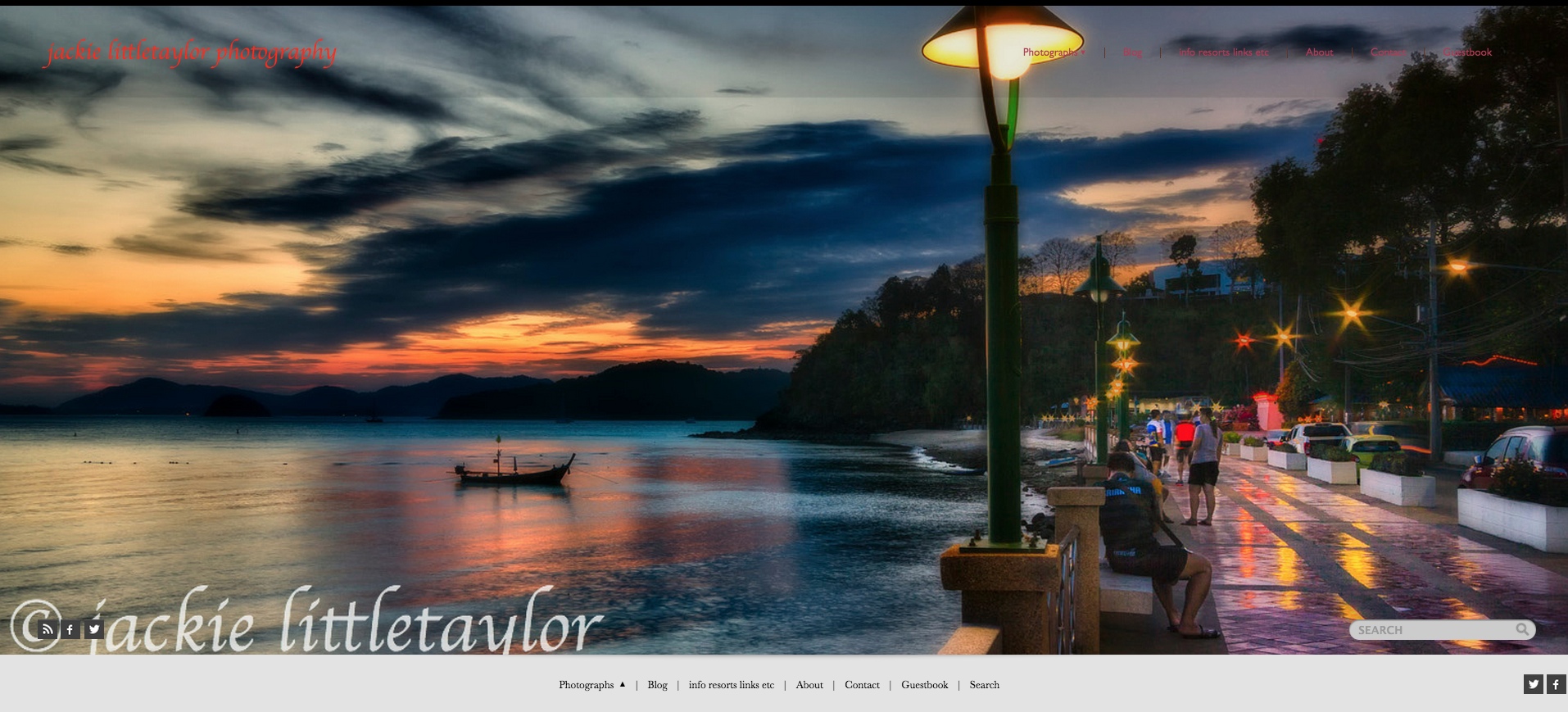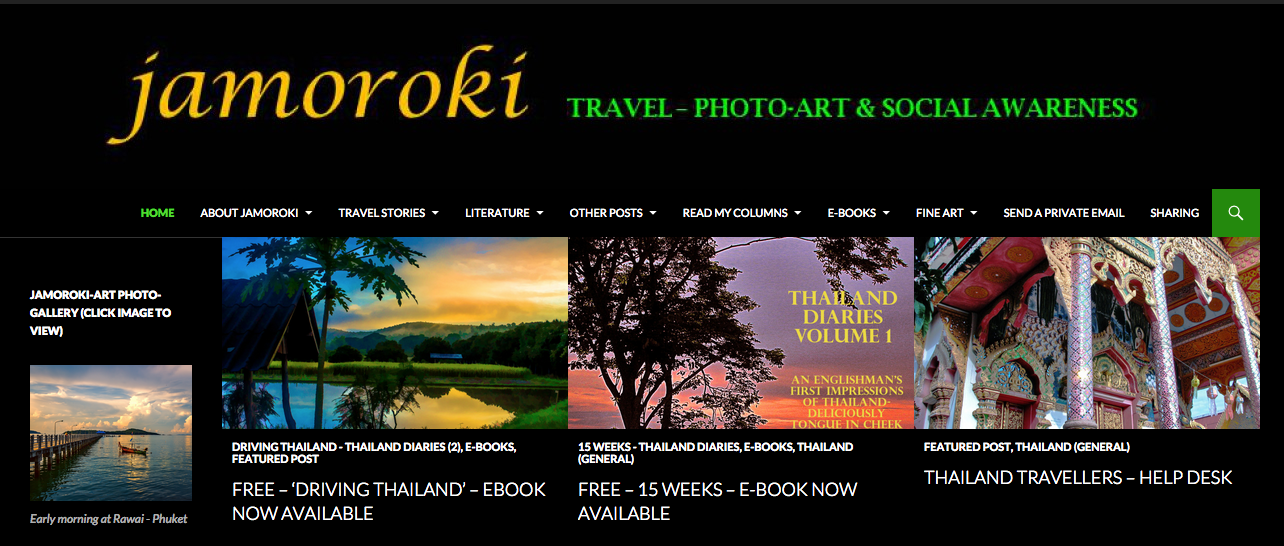ATMs
Credit cards are widely accepted. But be careful of possible scamming and do not let the card out of your sight. Use credit cards for hotel deposits or payments or purchases in department shops. Use an ATM for topping up your cash. ATMs to get out cash as needed - usually use Maybank or Public Bank with no problems as long as you tell your bank before you go. ATM/Credit Cards will usually give good exchange rates but some banks do make a charge, check which bank cards give the best deal.The easiest and most secure method of getting your currency in Malaysia is no different than almost anywhere in the world. ATM’s are located at the major bank branches, most shopping malls, airports, bus terminals, etc. info from Trip Advisor
How would I know if my debit, credit or ATM card is accepted overseas?
Check if your ATM card has a Visa or PLUS logo. If it does, it will be accepted at any ATM that is marked with the same logos.* To be sure, you may ask your bank if there are any restrictions regarding the use of your card overseas or, whether you need to notify them before you travel.
*Some ATMs in Canada may not accept all cards.
I don’t have a debit card. Can I withdraw cash with my ATM or credit card?
Yes. As long as your ATM or credit card has either a Visa or PLUS logo, you can withdraw cash at ATMs that are part of the Visa or PLUS network.
How do I find an ATM in the country that I’m traveling to?
Visa is accepted at over 200 countries and territories around the world. You can find an ATM in your destination by using our ATM locator. Alternatively, look out for ATMs that carry the Visa or PLUS logos.
Will my PIN work in a different country?
Yes.* The PIN that you use in your home country will work overseas as well. However, some ATMs will only accept a 4-digit PIN. Please contact your bank if your PIN is longer than 4 digits or if it contains letters.
*Some issuers may require you to change your PIN. Please check with your card issuer prior to travel.
ATMs are widely available in cities, but do stock up on cash if heading out into the smaller islands or the jungle. Credit cards can be used in most shops, restaurants and hotels, although skimming can be a problem in dodgier outlets.
Banking
Banks in Malaysia do handle international transactions. These ranges from a nominal fee if you are an account holder to a slightly more expensive amount if you are only walking in to use a certain service. International banks such as citibank, HSBC, Standard Chartered, OCBC, UOB, Mizuho Bank have their presence in Malaysia, with the latter having branches throughout the country. Local banking giants are MAYBANK & CIMB, & they are a very good alternative to the earlier mentioned banks, especially in terms of pricing,local knowledge & presence as well as international services available e.g. money transfers. For any enquiries and transactions, get a number, sit down and wait for your turn to be served. (There is no need to queue while you wait in air-conditioned comfort!)
Banks are open Monday to Friday 09:30-16:00 and selected banks are open on Saturday 09:30-11:30 except on the first and third Saturdays of each month. In the states of Kedah, Kelantan and Terengganu, they are open Sunday to Thursday 09:30-16:00 and Saturday 09:30-11:30.
Currency
The Malaysian currency is the ringgit, informally known as the dollar (the “$” symbol can be seen on older notes) and abbreviated RM or MYR, is divided into 100 sen. There are coins of 5, 10, 20, and 50 sen as well as bills of RM1, 2 (rare), 5, 10, 20, 50 and 100. 5 sen coins are mainly given as change in large establishments and supermarkets, peddlers and street vendors might be reluctant to accept them. Note that the Brunei dollar is also known as ringgit in Malay, so when near border areas you might want to check to be sure which currency they are quoting the price in.
Ringgits are freely convertible. Foreign currencies are not generally accepted, although you might get away with exchanging some euros or US dollars even in more remote areas, but do expect a lot of stares and some persuasion. An exception is the Singapore dollar, which is accepted by some tourist attractions and toll roads near the border at a highly unfavourable 1:1 exchange rate, but this might have changed as the toll roads have moved towards electronic toll collection using the Touch ‘n Go smart card.
Banks and airports are not the best places to exchange money if it’s not urgent. Licensed money changers in major shopping malls often have the best rates - be sure to say the amount you wish to exchange and ask for the ‘best quote’ as rates displayed on the board are often negotiable, especially for larger amounts.
The import and export of local currency is limited to RM1,000 cash. There are no restrictions on the import and export of foreign currency, subject to declarations for amounts of US$10,000 or higher.
The best currency for exchange is the Pound Sterling, but US Dollars are also widely accepted. All commercial banks are authorised foreign exchange dealers; major hotels are only licensed to buy or accept foreign currency in the form of notes and traveller’s cheques. It may be difficult to exchange foreign currencies outside the main tourist centres.
Visa
we are not lawyers and this is just general information on getting a visa , types, and what is required. Check with you Country Embassy for more information.
source: http://www.imi.gov.my/index.php/en/main-services/visa/types-of-visa
Types of Visa
The Malaysian Government issues Three (3) types of visas to foreign nationals:
1. Single Entry Visa
This is issued to foreign nationals who require a visa to enter Malaysia mainly for a social visit. It is normally valid for a single entry and for a period of three (3) months from the date of issue.
2. Multiple Entry Visa
This is issued to foreign nationals who require a visa to enter Malaysia mainly for business or government-to-government matters. It is normally valid for a period within three (3) months to twelve (12) months from the date of issue.Citizens of India and the People’s Republic of China who wish to enter Malaysia for the purpose of a Social Visit are eligible to apply for the Multiple Entry Visa.The validity of the Multiple Entry Visa is one (1) year. Each entry is for 30 days only and the extension of stay is not allowed.
Conditions for the Multiple Entry Visa are:
- The applicant must show proof of sufficient funds for staying in Malaysia
- The applicant must possess a valid and confirmed return ticket
- Tour groups are not eligible to apply for Multiple Entry Visa.
- The Multiple Entry Visa costs RM100.00 for Indian Citizens and RM30.00 for citizens of the People’s Republic of China.
3. Transit Visa
This is issued to foreign nationals who require a visa to enter Malaysia on transit to other countries. Foreign nationals on transit without leaving the airport premises and who continue their journey to the next destination with the same flight do not require a transit visa.
- Last Updated on Friday, 09 March 2012 02:13
How to apply for a Visa
Visa applications must be made at any nearest Malaysian Representative Office Abroad.
Applications can also be made online through I-Visa System (Applicable for tourist from India and China only).
1. Application for a Visa Without Reference
Documents required for the application of a visa without reference (approval of visa is given by High Commission of Malaysia) are:
- Original passport
- Two (2) photocopies of the applicant’s passport
- Two (2) photocopies of the visa application form (Form IMM.47)
- Two (2) passport size photographs of the applicant
- Original and two (2) photocopies of the ticket (confirmed and returned ticket)
- Bank statement / traveller’s cheque
- Invitation letter (if any)
- Payment of visa fee
Note : Visa Without Reference is required for the purpose of a social visit.
2. Application for a Visa With Reference
Documents which are required for the application of a visa with reference (visa will issued after the application is being referred and approved by the Department of Immigration Malaysia / Other Agencies of Authority):
- Original approval letter from the Immigration Department of Malaysia/other authority agencies
- Original passport
- Two (2) photocopies of the applicant’s passport
- Two (2) photocopies of visa application form (Form IMM.47)
- Two (2) passport size photograph of applicant
- Original and two (2) photocopies of an air ticket
- Payment of visa fee
Note: Visa With Reference is required for students, those seeking employment, dependants and professionals on a visit pass.
- Last Updated on Thursday, 05 April 2012 01:09
Visa Fee According To The Country see web site Visa Fee According To The Country
from wikitravel
Visa free
According to IATA holders of passports of the following jurisdictions may enter Malaysia without a visa.[1]
90 days
The holders of passports of the following 58 jurisdictions are granted visa-free entry to Malaysia for 90 days.
|
|
|
|
30 days
The holders of passports of the following 99 jurisdictions are granted visa-free entry to Malaysia for 30 days.
|
|
|
2 weeks
- Citizens of
 Ivory Coast,
Ivory Coast,  Iran,
Iran,  Libya,
Libya,  Sierra Leone and
Sierra Leone and  Somalia may stay in Malaysia for 14 days.
Somalia may stay in Malaysia for 14 days. - Citizens of
 Taiwan may stay in Malaysia for 15 days.
Taiwan may stay in Malaysia for 15 days.
Visa on arrival
Nationals of ![]() China and
China and ![]() India arriving directly from Singapore or Thailand can obtain a visa on arrival for a max. stay of 7 days at Kuala Lumpur (KUL), Johor Bahru (JHB), Kota Kinabalu (BKI), Kuching (KCH) and Penang (PEN), provided they hold a valid visa issued by Singapore or Thailand, return flight tickets and at least USD 1000 per person.[2]
India arriving directly from Singapore or Thailand can obtain a visa on arrival for a max. stay of 7 days at Kuala Lumpur (KUL), Johor Bahru (JHB), Kota Kinabalu (BKI), Kuching (KCH) and Penang (PEN), provided they hold a valid visa issued by Singapore or Thailand, return flight tickets and at least USD 1000 per person.[2]
Transit without a visa
Nationals of certain countries that do not enjoy the visa-free status for any period may still get a free transit-visa for air-transit.[3]
For a maximum transit time of 120 hours, provided arriving at and departing from Kuala Lumpur International Airport (only permitted to leave the transit area when switching terminals):
 Bhutan
Bhutan China
China Myanmar
Myanmar Nepal
Nepal Taiwan
Taiwan
For a maximum transit time of 120 hours, provided arriving at and departing from Kuala Lumpur International Airport on Malaysian Airlines or Air Asia (not permitted to leave the transit area) and provided residing in country of nationality, Australia, China, Japan, New Zealand, South Korea, Taiwan or the United States (or holding a valid visa of those countries when leaving the transit area is allowed if transit is more than 8 hours):
 Bangladesh
Bangladesh India
India Pakistan
Pakistan Sri Lanka
Sri Lanka
Restrictions
- Before May 2011, citizens from
 Israel were not allowed entry to
Israel were not allowed entry to  Malaysia. They now require a visa and an approval from the Malaysian Ministry of Home Affairs to be allowed into Malaysia.
Malaysia. They now require a visa and an approval from the Malaysian Ministry of Home Affairs to be allowed into Malaysia. - Previously citizens from
 Serbia and
Serbia and  Montenegro were not allowed to enter
Montenegro were not allowed to enter  Malaysia, however the admission is now not refused when the passenger has obtained a visa for a maximum stay of 30 days. Special permission from the Ministry of Home Affairs is no longer required. [4][5][6][7]
Malaysia, however the admission is now not refused when the passenger has obtained a visa for a maximum stay of 30 days. Special permission from the Ministry of Home Affairs is no longer required. [4][5][6][7] - Citizens of
 Israel remain the only people banned from participating in Malaysia My Second Home programme.
Israel remain the only people banned from participating in Malaysia My Second Home programme.
From US Embassy info
http://travel.state.gov/content/passports/english/country/malaysia.html
To enter Malaysia, your passport must be valid for at least six months. You do not need a visa to enter Malaysia if you are coming for business or tourism for stays of 90 days or less. You also do not need a visa if traveling on an official or diplomatic passport. When you arrive, immigration officials will place an entry stamp in your passport to specify the number of days you can stay. Though immigration officials generally give 90 days, it’s not a guarantee, so you should check the entry stamp in your passport after you enter. Generally, these entry stamps are known as social visit passes (visas) and can be extended for two months. Travelers to Malaysia are electronically fingerprinted on arrival when arriving by air, and again on departure. While in Malaysia, you should carry your passport with you at all times. More information on the time you will be allowed to stay in Malaysia can be found on the Malaysian Ministry of Foreign Affairs’ website.
The eastern Malaysian states of Sabah and Sarawak (on the island of Borneo) have their own immigration authorities and special entry requirements apply. You must have your passport to enter or exit Sabah or Sarawak and will need to pass through state immigration at your port of entry. If you plan to travel to these states you should contact the Embassy of Malaysia or nearest consulate before your trip for guidance regarding the current entry and exit requirements for Sabah and Sarawak.
Israeli entry or exit stamps in your U.S. passport should not cause difficulties with Malaysian Immigration. However, immigration officials have denied entry to U.S.-Israeli dual nationals who have presented their Israeli passports to show exit stamps from their last destination. Therefore, it is important that U.S.-Israeli dual nationals use their U.S. passports to depart the last country on their itinerary prior to arriving in Malaysia.
Visa Overstays: Malaysian immigration authorities routinely detain foreigners who overstay their social visit passes (visas). If the overstay is detected upon departure, a fine or detention and legal proceedings may be imposed. You should carry your passport (containing the Malaysian entry stamp and associated sticker) with you at all times as several U.S. citizens have been arrested in connection with immigration sweeps conducted by Malaysian police, immigration authorities and RELA (a nation-wide paramilitary civilian organization under the Ministry of Home Affairs). Depending upon the nature of the violation, detentions may last from a few hours to several weeks, pending a formal hearing. You should check your visa status periodically while in Malaysia and strictly follow immigration laws and regulations.
Distribution of religious leaflets or books of another faith to Malaysian Muslims is illegal; if you do so, you may be arrested and imprisoned. Occasionally, special religious authorities coordinate with local police to conduct raids on popular nightspots and hotels to deter activities among local Muslims that contravene religious customs, including drinking alcohol and adultery.
Currency: Currency exchange is readily available; international bank-to-bank transfers may take several days and require adequate identification. Credit cards are accepted throughout the country, but you should be aware of the risk of fraud carried out by criminal syndicates. ATMs can be a safer means of obtaining Malaysian Ringgit. You should note that personal identification numbers (PINs) in Malaysia are 6 digits long, and that some travelers have reported having difficulty retrieving cash from ATMs using 4-digit PINs. Western Union money transfers are available through various Malaysian banks and the post office. See Western Union’s website to find a Western Union location in Malaysia.
Customs: Malaysia’s customs authorities enforce strict regulations concerning the temporary importation into or export from Malaysia of items such as firearms, narcotics, medication, business equipment, currency and books, other printed material, and video and audio recordings which might be considered obscene or in any way harmful to public interest and cultural property. You should contact the Malaysian Embassy in Washington, D.C., or one of Malaysia’s consulates in the United States for specific information regarding customs requirements. Please also see our information on customs regulations.
Medical facilities and services are adequate in the larger cities, where you can find Western-trained doctors. The U.S. Embassy can provide a list of English-speaking doctors and hospitals upon request. Psychological and psychiatric medical and counseling services are limited. Serious medical problems requiring hospitalization and/or medical evacuation to the United States can cost thousands of dollars. Doctors and hospitals often expect immediate cash payment for health services although major credit cards are acceptable at some hospitals in larger cities.
We recommend having Travel Insurance
Driver’s License Requirements: International Driving Permits (IDP) may be used for 90 days in Malaysia. The IDP must be obtained outside of Malaysia. If you are staying longer than 90 days in Malaysia, and desire a local license, the Malaysian Road Transport Department recommends contacting a local driving school to arrange all the paperwork. In order to obtain a local license, you will also need a valid work permit
Internet
InternetMalaysia is one of the first countries in the world to offer 4G connectivity. Wi-Fi is usually available in hot spots in almost all restaurants and almost all fast-food outlets, shopping malls and City-wide wireless connections. Prepaid Internet cards are also available to access wireless broadband, in some cafes. Customers usually pay RM1.00 to RM5.00 per hour for Internet services in a cybercafe (depending on which city you’re in). Internet connections offered in restaurants and cafes are usually free and more and more food outlets are offering this. These include all Starbucks and Coffeebean, and some McDonald’s and Subway, and an increasing number of smaller places. Kuala Lumpur International Airport (KLIA) also provides free Wi-Fi throughout the airport. TelephoneThe country code for Malaysia is 60. To call a Malaysian number:
Mobile phones Malaysia also has four mobile telephone service providers, Maxis [15], DiGi [16], Celcom [17], and U Mobile [18] which utilise codes 012, 013, 014, 016, 017, 018, 019. Network connection in Malaysia is excellent. Mobile number portability has been implemented in Malaysia, meaning a code like 012 that traditionally belonged to Maxis, can now be a DiGi subscriber. Mobile networks utilize the GSM 900 and 1800 systems. 3G (WCDMA), EDGE & HSPDA networks available in larger towns. International roaming onto these networks is possible if your operator allows it. When buying SIM card in Malaysia, tell the staff to unsubscribe all services - as there are maybe some unwanted services (such as horoscope) came with your phone. To call a Malaysian mobile number:
To call from Malaysia to another country:
Postal servicesMany international courier services like Fedex, DHL and UPS are available in towns and cities but the main postal service provider is Pos Malaysia [19] which reliably provides postal services to most countries in the world. Postage rates in Malaysia are cheap. Much much cheaper than Thailand ,Singapore or Vietnam, and surface post is available as well. In addition the mail is reliable and trustworthy. When posting, do not seal the box. This is to allow for inspection in case illegal items are posted this way. A local alternative to the international courier companies mentioned above is the Pos Laju, which provides just as reliable a service but at a fraction of the costs! Non-urgent letters and postcards can be dropped in postboxes inside post offices or red postboxes found outside post offices and along main roads. If there are two slots in a postbox use the one that says “lain lain” for international post. Post offices are open from 8AM to 5PM daily except Sundays and public holidays, although a few in Klang Valley stay open till 10PM. In the states of Kedah, Kelantan and Terengganu they are closed on Fridays and public holidays. |
Would like to hear your experience or any suggestion
Travel insurance: simple & flexible
You can buy, extend and claim online, even after you’ve left home. Travel insurance from WorldNomads.com is available to people from over 140 countries. It’s designed for adventurous travellers with cover for overseas medical, evacuation, baggage and a range of adventure sports and activities.





